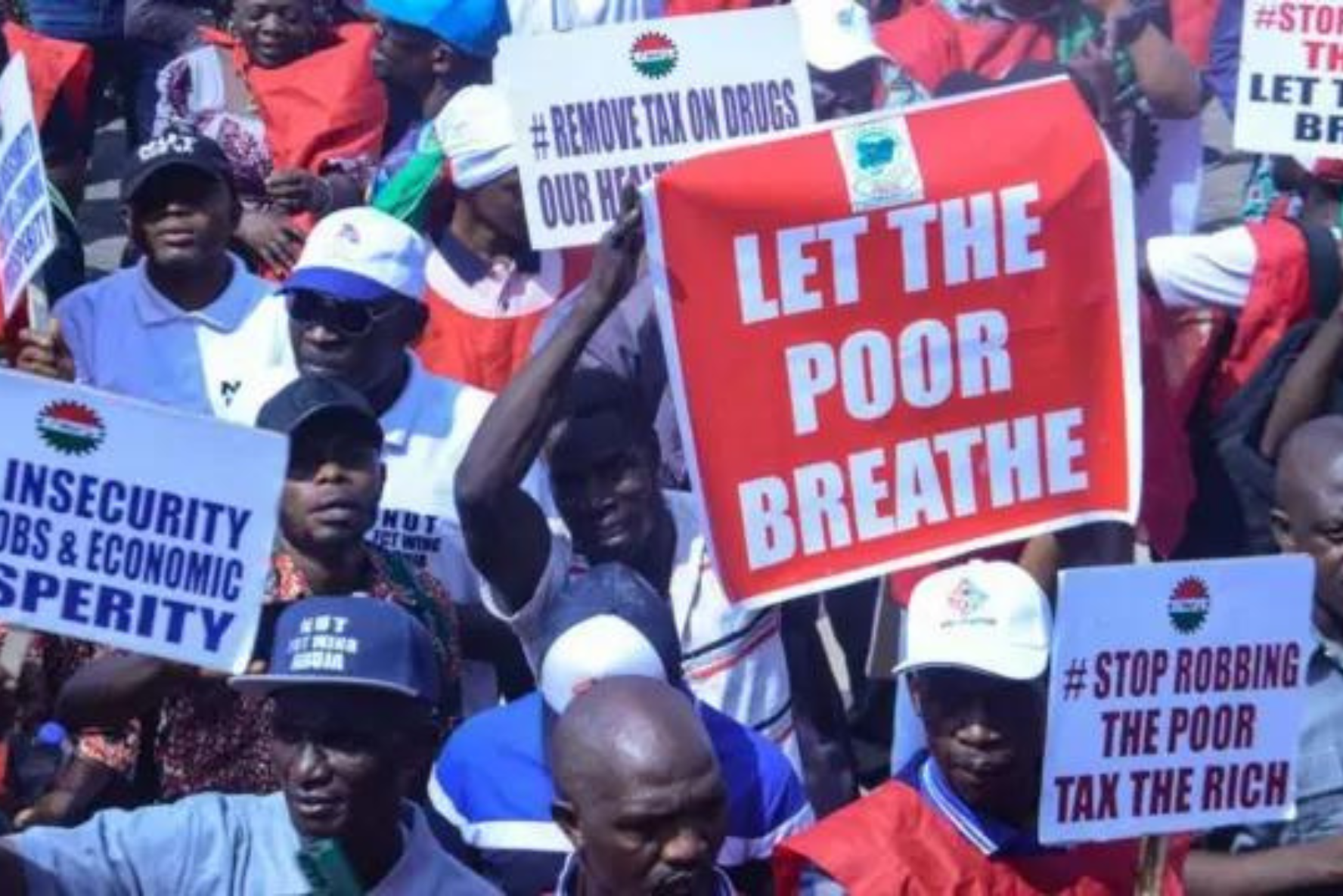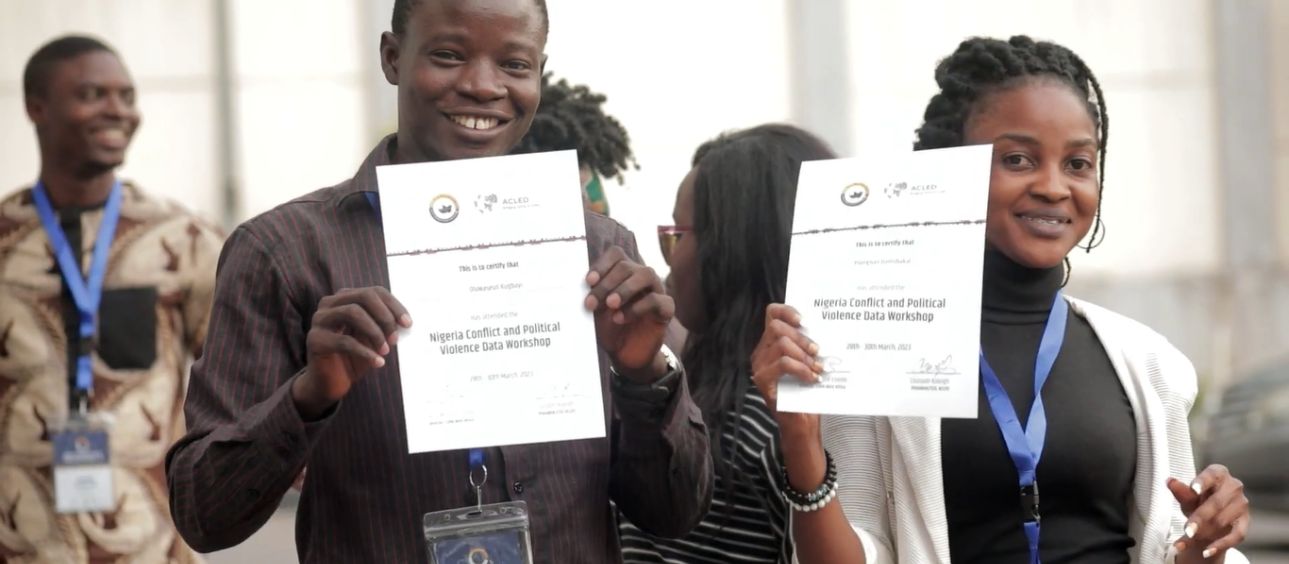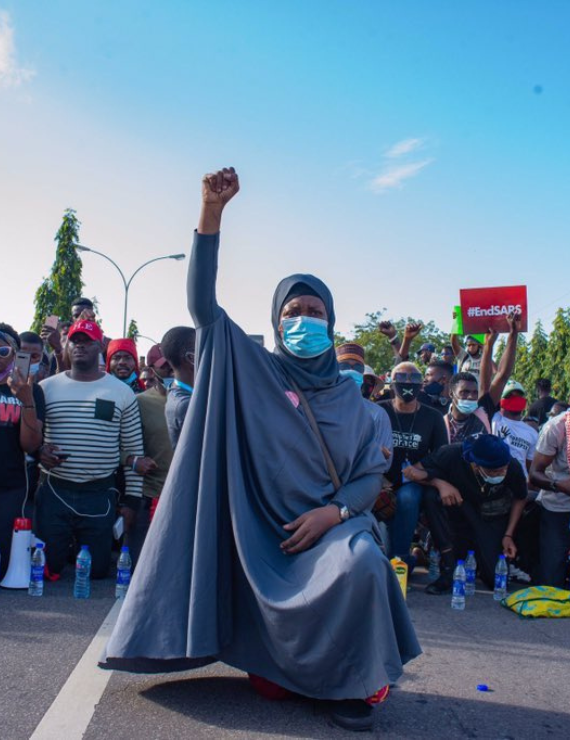Economic Missteps Ignite Protest Movements in Nigeria

On 1 August 2024, Nigerians turned out to protest economic hardship and insecurity. This followed in the steps of similar protests in Kenya which have endured for over one month. The demands were similar: everyday citizens were requesting a change in their economic fortunes and calling on the government to bring about this change. These recent protests across Africa were foreshadowed by the 2008 protest and 2014 in Burkina Faso, the 2012 #OccupyNigeria Protests, and the 2020 #EndSARS protests in Nigeria.

To understand these protests, we studied the underlying drivers of previous protests in Nigeria and Burkina Faso using Kevin Gillan’s temporality theory of social movements. Our study makes three core arguments. First, protest movements occur in waves. Second, dynamic change occurs between different waves of social movements. Changes include a shift and expansion in the demands of protesters, who now address not only economic issues but also concerns related to governance institutions. Third, the different waves of protests in parts of Africa in the twenty-first century are connected by one underlying driver, which is the deteriorating material condition of the underclass occasioned by the implementation of neoliberal reforms.
What is The August 2024 #EndBadGovernance Protest All About?
The August 2024 #EndBadGovernance protests in Nigeria have been influenced by the deteriorating living conditions and persisting security challenges, especially in the North Central and North West regions of the country. The protesters are demanding for reversal of fuel price from its current price of about 800 Nigerian Naira (0.49USD) to a pre-May 29, 2023 price of 190 Nigerian Naira (0.12USD) per litre, reverse electricity tariff to pre-May 29, 2023 rate of 60 Nigerian Naira (0.037USD) per kilowatt, criminalisation of police brutality, transparency and accountability of public finance, prohibition of government funding for pilgrimage, prohibition of further borrowing, prohibition foreign travels for public servants, prohibition foreign education for children of public servants, combatting insecurity and hunger and total electoral reform.
The 2020 #EndSARS protest in Nigeria was immediately triggered by police brutality and extra-judicial conduct of law enforcement institutions. Thus, unlike the #OccupyNigeria protest in 2012 which was triggered immediately and directly by economic policies which increased the cost of living, the 2020 #EndSARS protest was triggered by issues connected to discontent with law enforcement. Again, the core demands of the protesters in the second wave focused on reforming security governance institutions. This contrasts with the core demands of the first wave, which centred on reversing the liberalisation of the petroleum downstream sector. However, despite the shift in immediate triggers and demands in the two waves of protests in Nigeria, the underlying cause remained the same: the deteriorating material conditions of the masses.
In each epoch, we observed that governments responded to protests with a combination of repression and negotiation, without addressing the underlying cause: the deteriorating material conditions of the underclass. The implication of these governments’ failure to address the underlying cause of the protest movement is that the movements only hibernated and the masses continued to express their discontent with their deteriorating material conditions on social media and everyday discourses on the streets.
Our research found that these demonstrations were responses to the inadequate implementation of neoliberal economic policies by Nigeria’s governing elites across the different waves of protests. These policies triggered a cost-of-living crisis, creating conditions for protest mobilization in the country. We observe that the attempts by the Nigerian government to adopt neoliberal policies in the petroleum and energy sector have not been accompanied by transparency, policy coherence, and coordination. It is unclear whether or not the sector has been completely liberalized or what stage of the liberalization process it is currently in.
"Movements do not die, but occur in waves."
- Verta Taylor
Government attempts to provide social protection in response to the outcomes of its liberalisation policies have been mired by inefficiency and corruption. The conditional cash transfer programme has not been effective because many people in need have not been reached by the cash transfer due to inefficiencies such as weak mechanisms for determining persons in need of cash transfers as well as corruption in the value chain of the conditional cash transfer. Similarly, as part of its social protection programme, the federal government distributed bags of rice to the subnational governments for onward distribution as palliatives to persons in need. Unfortunately, many of these palliatives were not received by persons in need as demonstrated by the case in Edo State where protesters discovered and looted the warehouse where the palliatives were allegedly concealed.
Our study agrees with Verta Taylor’s assertion that ‘movements do not die,’ but occur in waves. In the case of Nigeria, the different waves of protest movements are parts of the same wider movement aimed at enhancing the livelihood of the underclass even though the protests shifted from response to economic hardship to discontent with governance institutions and back to economic hardship. The recurring protests in Nigeria should be imagined in the context of contentious state-society and intra-society interactions. At the centre of this contention are the governing elites pursuing neoliberal economic policies without a demonstrated commitment to anti-corruption and efficient public service delivery needed to ameliorate the rising cost of commodities associated with the liberalisation of the energy sector. Consequently, the marginalised underclass and dwindling middle class react to the outcome of the missteps in economic planning through protests. Unfortunately, throughout different epochs, the governing elites have responded to protests against economic hardship with suppression and patronage politics, without addressing the root cause: poorly implemented economic policies.
About the Authors
Dr Chukwuma Okoli is a Political Scientist at the Nnamdi Azikiwe University, Nigeria. Dr. Chikodiri Nwangwu is a Political Scientist at the University of Johannesburg, Johannesburg, South Africa. Both authors are members of the Conflict Research Network West Africa (CORN).
Disclaimer: The views expressed in this publication are those of the authors and do not necessarily reflect the official policy or position of Conflict Research Network West Africa (CORN), its staff, members, affiliates or partners. While every effort has been made to ensure the accuracy and completeness of the information contained in this analysis, CORN cannot be held responsible for any errors or omissions, or any results obtained from the use of this information.





